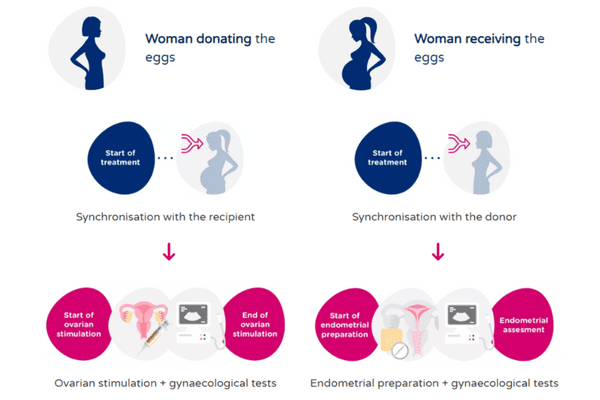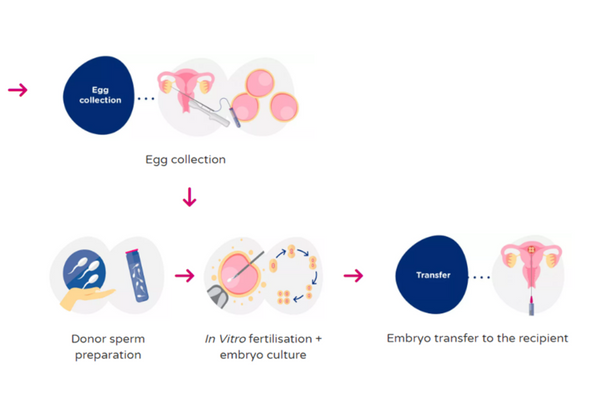IVF Treatment for Lesbians






How we can help
Everyone’s journey to parenthood is unique. No one understands this more than PSFC. our pioneering fertility center has embraced all patients, regardless of sexual orientation, gender identity, or marital status but within legal framework.
we warmly embrace the lesbian, gay, bisexual, transgender, and queer community in their dream of building a family.
our center offers a customized array of innovative treatments and a network of sperm banks and Donor Programs that will help you to reach your goal of becoming a parent. We’ll be by your side every step of the way.
Options for lesbians
Whose Egg?
Lesbian individuals/couples have several options when choosing an egg to be used for treatments. For standard IVF, couples choose to use the eggs of the partner who will carry the baby. In Reciprocal IVF/PAR, both partners have a biological relationship to a child. One partner provides the egg, which is fertilized with anonymous or known donor sperm – and the resultant embryo(s) is transferred into the other partner who then becomes pregnant.
Whose Sperm?
The decision to conceive with sperm from a friend or a sperm donor is completely up to the individual/couple. The vast majority (95%) of our donor insemination cases now use anonymous sperm via our close partnerships with national sperm banks.
What is Reciprocal IVF or ROPA?
Women without a male partner can achieve a pregnancy through this assisted reproduction treatment using donor sperm.
Reciprocal IVF (ROPA), also known as co-maternity, means “Reception of Oocytes from Partner”. Through this technique, both women are able to take part in and share the process of pregnancy. One will be the genetic mother and the other the gestational or biological mother. One woman will provide her eggs functioning as the donor, and the other will receive the embryo transfer functioning as the recipient.
What are the steps of the process?
The woman donating must undergo ovarian stimulation in order to collect the eggs to perform In Vitro fertilisation (IVF). Egg collection will be performed under sedation in the operating theatre and lasts for around ten minutes. Once the eggs have been collected, they will be fertilised with the donor sperm and embryonic development will be monitored in the laboratory from here on until their transfer 5 days later.
The woman who will become pregnant must undergo endometrial preparation treatment with oestrogens. This endometrial preparation is performed as the other woman in the couple is undertaking ovarian stimulation. Once the recipient’s endometrium is prepared and the embryos are in the laboratory, they will be transferred into the recipient’s uterus to achieve a pregnancy.



